In his first week as Prime Minister, Boris Johnson has shocked those who had assumed that he is a joker incapable of making any more progress than his predecessor. During his leadership campaign, he said that he would not settle for a modified version of the Brexit deal that Theresa May agreed and Parliament rejected three times. In office, he has been as good as his word and is refusing to start negotiations until the EU says it is willing to compromise. If it doesn’t, then we leave without a deal on 31 October.
If many politicians are still in denial about this, the currency markets are not. A no-deal Brexit would put the UK economy in transition from being part of a European bloc into one governed by yet-to-be-signed free trade agreements, under World Trade Organisation rules. Brexiteers and Remainers agree that the inevitable uncertainty would push the pound down by about 10 per cent. So sterling’s price has become a proxy for faith in Boris Johnson’s ability to deliver. If he is talking nonsense, nothing significant will happen in November and the pound should remain high. But if he is serious, currency adjustment should take place in anticipation of his delivering on his promise. The markets are betting on the latter.
A no-deal Brexit would certainly bring turbulence. But the idea that the UK economy is heading for disaster is wide of the mark. Time and time again over the past three years the economy has proved the pessimists wrong. No forecasters have been more embarrassed than those at the Treasury who, a month before the referendum, boldly produced scenarios where GDP slumped by between 3.6 and 6 per cent within two years of a Brexit vote, and unemployment soared by between 500,000 and 800,000. As things have turned out, UK economic growth accelerated after the vote and a million jobs went on to be created.
Being wrong about the economic impact of the referendum result has made many economic analysts and pundits feel angrier, rather than chastened. So they take every small sign — sterling’s current fall, for example — as proof of vindication. The result is that it has become harder than ever to work out what’s going on. Too many of those to whom one would normally look for guidance on the economy are no longer the impartial souls that they were (or strived to be) before 2016. They are passing off no-deal scenarios (something that could happen) as forecasts (something that will happen). Meanwhile, the blithe dismissal of economic risk by many Brexiteers also confuses the picture.
But the vote to leave the EU was not contingent on a favourable economic weather report. The instruction was simple: to leave. We would do so at what is now a time of great economic turmoil in Europe. Car manufacturers are under pressure across the continent, as the internal combustion engine is on the way out.
In Germany, economic growth has been downgraded several times this year, and the country might well end up in recession. Italy slid into recession towards the end of last year, while growth in France in the past quarter slumped to 0.2 per cent, lower than forecasts. Britain, too, has seen a sharp contraction in manufacturing in recent months.
Any negative piece of news on the UK — closures of car plants, steelworks etc — tends immediately to be seen through the prism of Brexit. Bad news in the eurozone economy, by contrast, is not viewed in such a way. We can expect this to continue for some time. The truth is that if we are to have a period of global economic turmoil, Britain is in as good a position to weather it as any country. Unemployment is at its lowest for 45 years and one of the main problems which companies face is a lack of people to hire. The falling pound should not be seen as a symptom of trouble in Britain — it is, rather, a sign of the growth-enhancing flexibility of the UK economy.
Because our currency is allowed to float against others, it is free to find its own appropriate level. When sterling falls, it makes our products and services cheaper on global markets, while acting to discourage imports, thus boosting domestic production (and foreign investment). There are negatives, too — a falling pound lifts inflation as imported goods become more expensive. It’s a headache for holidaymakers. But it’s an incredibly powerful tool: if Italy had a floating currency it would not have spent most of the past decade in a perma-recession.
In less than three months’ time we may very well have a no-deal Brexit. The risks of such are far higher than the ‘million-to-one’ chance which Boris Johnson foolishly suggested. The bookmakers put the chances at about evens. A no-deal exit would be damaging and disruptive in many ways, but if we do end up with one, it would be rash to assume that Britain would come off worse. Besides having the facility to adjust the value of our economy to an appropriate level, we will be free to forge new trading relationships, unencumbered by the EU’s native protectionism. Unlike remaining EU countries, we will be free to deregulate and will have more freedom to lower our taxes in order to provide the economy with an emergency stimulus.
For the past three years, the UK economy has performed better than expected while the eurozone economy has done the opposite. No one ought to be shocked if that continues: deal or no deal.
Got something to add? Join the discussion and comment below.
Get 10 issues for just $10
Subscribe to The Spectator Australia today for the next 10 magazine issues, plus full online access, for just $10.
You might disagree with half of it, but you’ll enjoy reading all of it. Try your first month for free, then just $2 a week for the remainder of your first year.

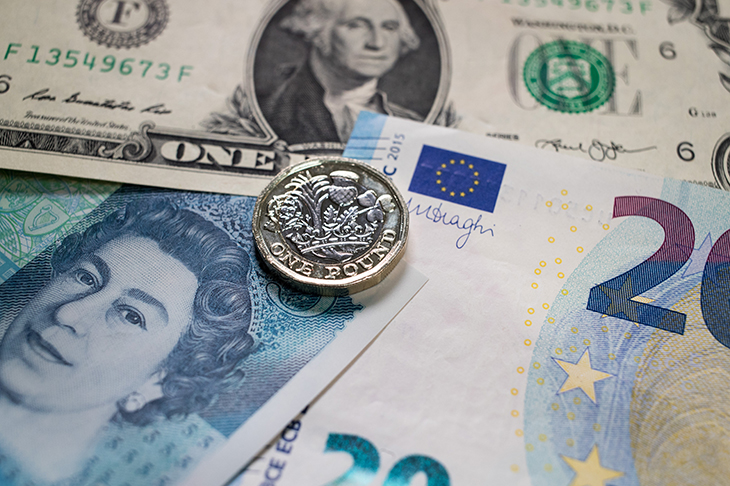
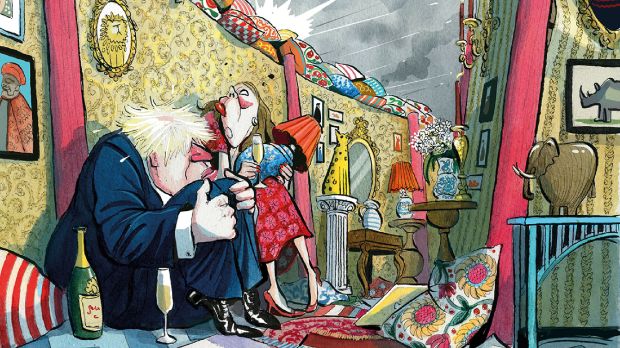
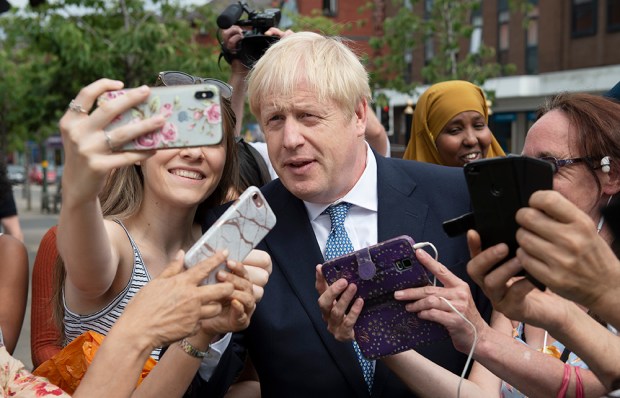
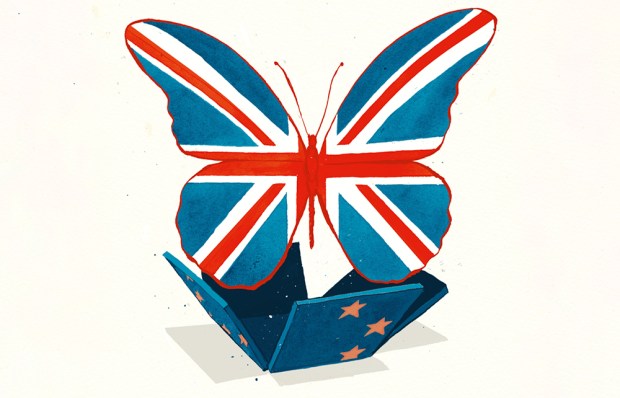
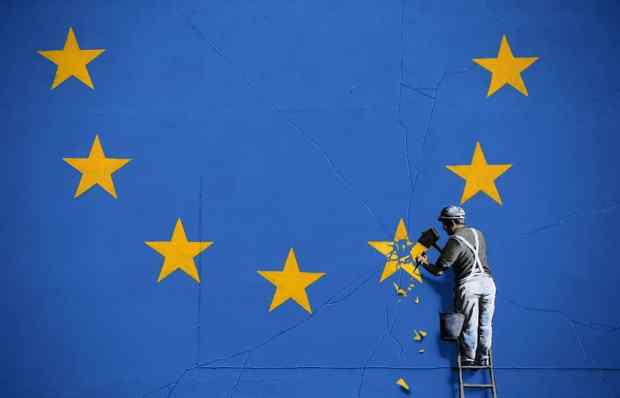








Comments
Don't miss out
Join the conversation with other Spectator Australia readers. Subscribe to leave a comment.
SUBSCRIBEAlready a subscriber? Log in